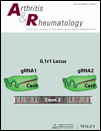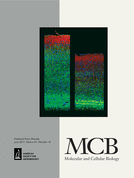 After a paper is published, how long should a journal consider allegations of misconduct? For one journal, that answer is: Six years.
After a paper is published, how long should a journal consider allegations of misconduct? For one journal, that answer is: Six years.
We see plenty of journals that retract papers at least 10 years old over concerns regarding misconduct, but in a recent editorial, Molecular and Cellular Biology announced it would pursue allegations made within six years after a paper is published. This rule mirrors federal regulations (which apply to the U.S. Office of Research Integrity), which also decline to investigate allegations if at least six years have passed since the incident supposedly occurred — but with some exceptions, such as if the misconduct could have an impact on public health.
Incidentally, the same issue of the journal includes a retraction notice for a paper published seven years ago, citing image duplications. A spokesperson for the American Society for Microbiology (which publishes the journal) told us the journal investigated the paper in 2016, within the cutoff period.
Here’s the key text from the editorial:
 This week, the New England Journal of Medicine issued a type of editor’s note we’ve never seen before, on a
This week, the New England Journal of Medicine issued a type of editor’s note we’ve never seen before, on a 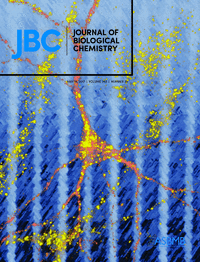 On April 27, the Journal of Biological Chemistry (JBC) retracted nine papers by a researcher based in Israel, including some dating back to 2000.
On April 27, the Journal of Biological Chemistry (JBC) retracted nine papers by a researcher based in Israel, including some dating back to 2000.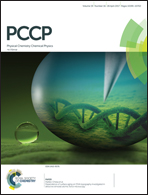
 A diabetes journal has issued two notices of concern for papers co-authored by a researcher who took another publisher to court after it did the same thing — but
A diabetes journal has issued two notices of concern for papers co-authored by a researcher who took another publisher to court after it did the same thing — but 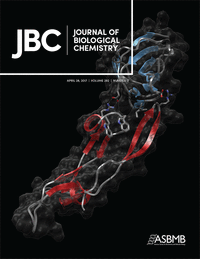
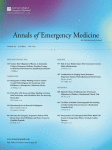 A journal has temporarily removed a paper showing the dramatic differences in the cost of providing emergency care that
A journal has temporarily removed a paper showing the dramatic differences in the cost of providing emergency care that 
